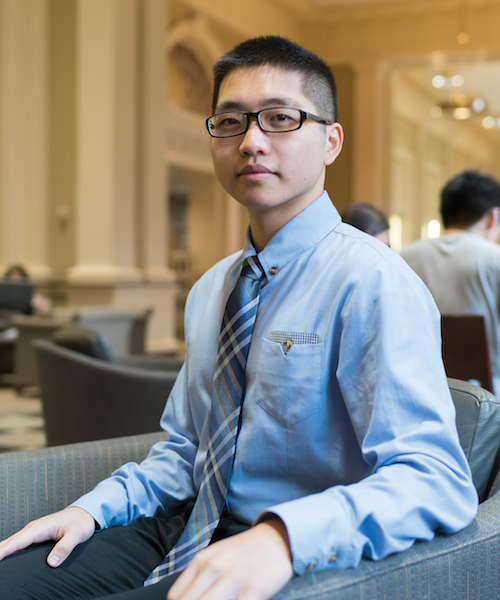
Infrastructure Cooperation: A New Wind to push China and the United States Together
Chang Fan | January 1, 2019
Responding To: Managing U.S.-China Cooperation and Competition
Lakshmi Iyengar
U.S.-China relations are on a downward trend. In early November, former Treasury Secretary Henry Paulson spoke about the increasingly prevalent view in Washington that China’s rise has come at America’s expense. The dissatisfaction with China largely lies in lack of reciprocity. Although the United States played an integral role in China’s entry into the World Trade Organization, China has not mirrored U.S. openness with information, technology, and markets. The negative relations between the two countries has resulted in numerous bad outcomes for both countries, include a trade war that has only recently seen positive negotiations. Despite the increasingly hostile climate, there is one field that continues to push for bilateral cooperation: Artificial Intelligence (AI).
At the 2018 World Artificial Intelligence Conference in Shanghai, noted technology giants such as Tencent’s Pony Ma and Alibaba’s Jack Ma emphasized the transnational and interdisciplinary nature of AI research. Chinese and American researches have a long history of collaboration in the field of AI. The founders of many Chinese AI companies were trained in American Universities and worked in Silicon Valley. Much of research talent behind major AI breakthroughs in the U.S. are Chinese researchers and PhD students. This mutually beneficial relationship has fostered transnational collaboration that positively impacts the tech ecosystem of both countries. However, transnational collaboration in AI carries questions of governance along with it. China’s 2018 White Paper on Artificial Intelligence Standardization states that China must strengthen international cooperation to promote universal regulatory principles to ensure safety of AI technology. These principles would address larger legal concerns surrounding AI, such as deployment safety, developer obligations and rights, end user rights, and development standards. As the United States is the other major power in AI, it’s clear that the United States and China must work together to develop such standards. "It is like the Olympics. Through competition, we can have better relations. Global collaboration is important" said Jack Ma, founder of Alibaba on U.S.-China relations. Both China and the U.S. recognize the potential of AI to revolutionize every industry. Therefore, they want to encourage the best AI research possible. Like most fields of science, AI development is driven by competition. Algorithms can be directly compared using objective metrics. This has motivated AI researches to openly publish their work. Open publishing leads to rapid spread of new technology information across the field. This rapid spread of new technology leads to even more rapid developments based on the new technology. AI’s inherently competitive nature combined with its propensity for transnational collaboration will force the United States and China to cooperate if they want to remain AI superpowers. That is, China and the United States will have to jointly decide on and maintain standards of information sharing, development, and usage regulations for AI if they want continued access to one another’s technology. By simply focusing on developing useful, innovative technology for their own populations, each country will be forced to maintain cooperation on global issues."Governments should not care whether the taxi industry will be substituted. The government should pay attention to whether the road safety is good, whether people will be killed in traffic accidents," Mr. Ma said.AI has immense capabilities to help people live better, more fulfilled lives. Oftentimes, however, governmental deadlock prevents technological solutions from helping people in need. If the United States and China can focus on their own technological development goals, cooperation will come naturally. However, if either country attempts to nationalize AI, AI’s potential good will be drastically reduced. That’s why it's incredibly important, now more than ever, for both countries to place the well-being of their citizens above any national hostilities.

Chang Fan | January 1, 2019

Danny Li | January 1, 2019

Jozanne Murphy | January 1, 2019

Junming Cui | January 1, 2019

Xiaogu Xu | January 1, 2019

Aaron Baum | December 31, 2018

Andrea Su | December 31, 2018

Isabelle Hupez | December 31, 2018

Ivan Solomon | December 31, 2018

Yihong Shi | December 31, 2018

Zhaoqing Li | December 31, 2018